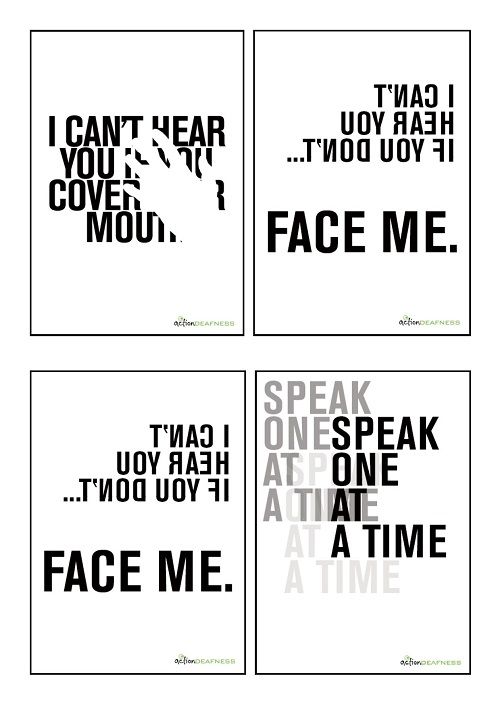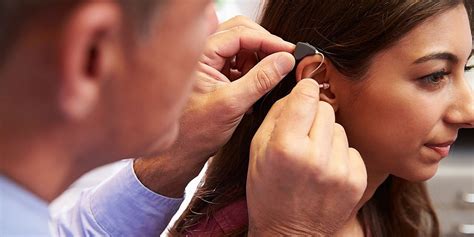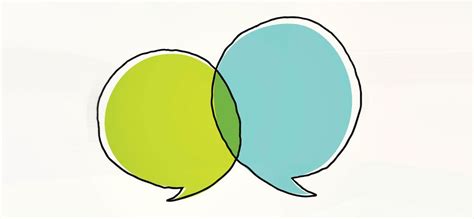Hearing loss is not something we hope for, even in old age, but the reality is that a large portion of those over 65 years of age will experience it. While hearing loss is a big change to how we communicate, there are things that individuals with hearing loss and those around them can do to help. Here are 6 coping strategies for hearing loss to try.
1. Tell people you have hearing loss
This can honestly be the hardest part. It’s not all the time comfortable to ask for help or tell people what you need, but it’s the simplest strategy. This is what we would call disclosure and it has several forms. You can disclose all, part or non-specific information to get your point across. For example, full disclosure would sound like “I have hearing loss and wear hearing aids, I need you to…” Partial disclosure “I have a hard time hearing, could you please…” or non-specific disclosure “I didn’t hear you, can you speak up?”
The way you disclose information may change based on the relationship between you and the person you are talking to. Your family will likely know you have hearing loss, but the bank teller doesn’t know and may not need to know specifics. Including a bit of information as to the why and a productive strategy to help can make a big difference.
2. Speak face to face
When possible, speak face-to-face with people. This strategy is called speechreading and helps speech understanding by combining the auditory input to your ears with visual cues from people’s mouths, facial expressions, and other body language.

Similarly, involve communication partners in the strategies to improve the conversation. Explicitly express the need, whether that is to slow down, get your attention before speaking, speak one at a time, etc. Setting communication expectations reduces barriers to conversation. For more strategies to provide your family and friends click here.
3. Use repair strategies
Miscommunication happens even with those who don’t have hearing loss. Having ways to clarify the miscommunication other than “what” can provide you with specific information to ‘repair’ the conversation. Repair strategies can include:
- Asking the speaker to repeat all or part of what was said: You’re going where?
- Ask the speaker to rephrase or simply: Could you rephrase that using fewer words?
- Confirm what you heard by reiterating: You are picking up groceries right?
- Elaborate or ask follow-up questions: Tell me more
- Choose between two possible messages: Did you say ___ or ____
- Indicate the topic of conversation: I’m not quite following, are you talking about ___?
Requesting specific information gives the speaker a better idea of what was missed and how to help you follow the conversation more clearly.
4. Know environment matters
Understand that specific environments will naturally be more difficult to hear a conversation, with or without hearing aids. The noisier the environment, the more difficult it is to hear and understand what is being said because of the competing sounds. It also takes more energy because we have to “fill in the gaps” using context when we do not hear. In this case, set the expectation that you will not hear well when going out to certain venues or make accommodations at those venues to reduce the noise. For instance, if you are going to a restaurant for dinner, they are noisy; accommodations might include asking for a corner booth away from the kitchen, going at an off-peak hour, or even asking the staff to turn down the ambient music temporarily. Noise makes conversing more difficult; having health expectations and preparing accommodations can be effective coping strategies for hearing loss.
5. Get tested and diagnosed sooner than later
As with many health conditions, early intervention will lead to better outcomes. Most hearing loss is permanent, but there is help. Early intervention using hearing aids will improve overall hearing, but actually reduces your risk of later cognitive decline such as Dementia and Alzheimer’s. Hearing aids allow our brains to still receive most if not all the auditory information it’s used to. Thus, keeping our brains active in all those areas sound is processed and understood. We know hearing aids are an investment, and while the decision should not be rushed, the earlier hearing loss is detected and treatment implemented, the better you can adapt to hearing the world through hearing aids.
6. Protect your hearing!
Protect your remaining hearing by wearing noise protection in very loud environments, even if you already have hearing loss. In environments like concerts, noisy work environments, power tools, etc., hearing protection, like headphones or foam earplugs, can reduce the risk of further hearing damage. In these situations, it’s best to remove hearing aids and use noise protection. While your hearing won’t improve, it will prevent it from getting significantly worse.
…..
Hearing loss can be a major change in life, but it doesn’t have to… Try these 6 coping strategies for hearing loss and see how they improve your communication. If you have any other coping strategies leave them in the comments below!



Recent Comments